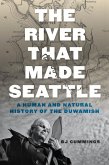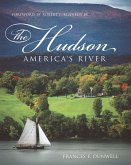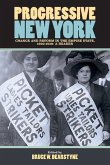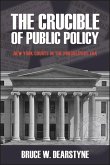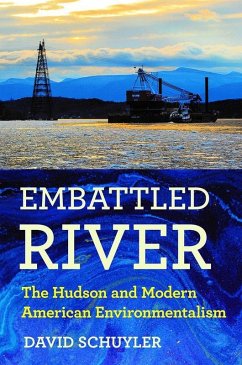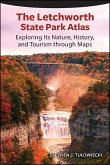Meander tells the story of the Great Lakes region's experiment in restoring a complicated natural system of flowing water. Drawing on her own experience as a watershed planner, teacher, and Great Lakes activist, Margaret Wooster describes the language, history, and failures of many of our water management policies. She then turns to Buffalo Creek to teach us how the Great Lakes work-from a "hill made of water" to a cut-off oxbow to a buried delta transitioning from two centuries of industrialization. Wooster explores how, on the Niagara Frontier especially, traditional ecological knowledge and Indigenous values were suppressed by colonial rules of settlement. The ecosystem value of physical integrity-or connectivity between upstream and down, surface flow to aquifer, river to land was never fully unpacked. While our management policies often sever them, these connections are key to Buffalo Creek and Great Lakes recovery and resilience. Wooster leaves us with the idea that it is up to us, the people who live along these flows and in their watersheds, to learn as much as we can about these connections and to use our local authorities to "make room for rivers" and protect our planet's circulatory system for future generations.
Dieser Download kann aus rechtlichen Gründen nur mit Rechnungsadresse in A, D ausgeliefert werden.



